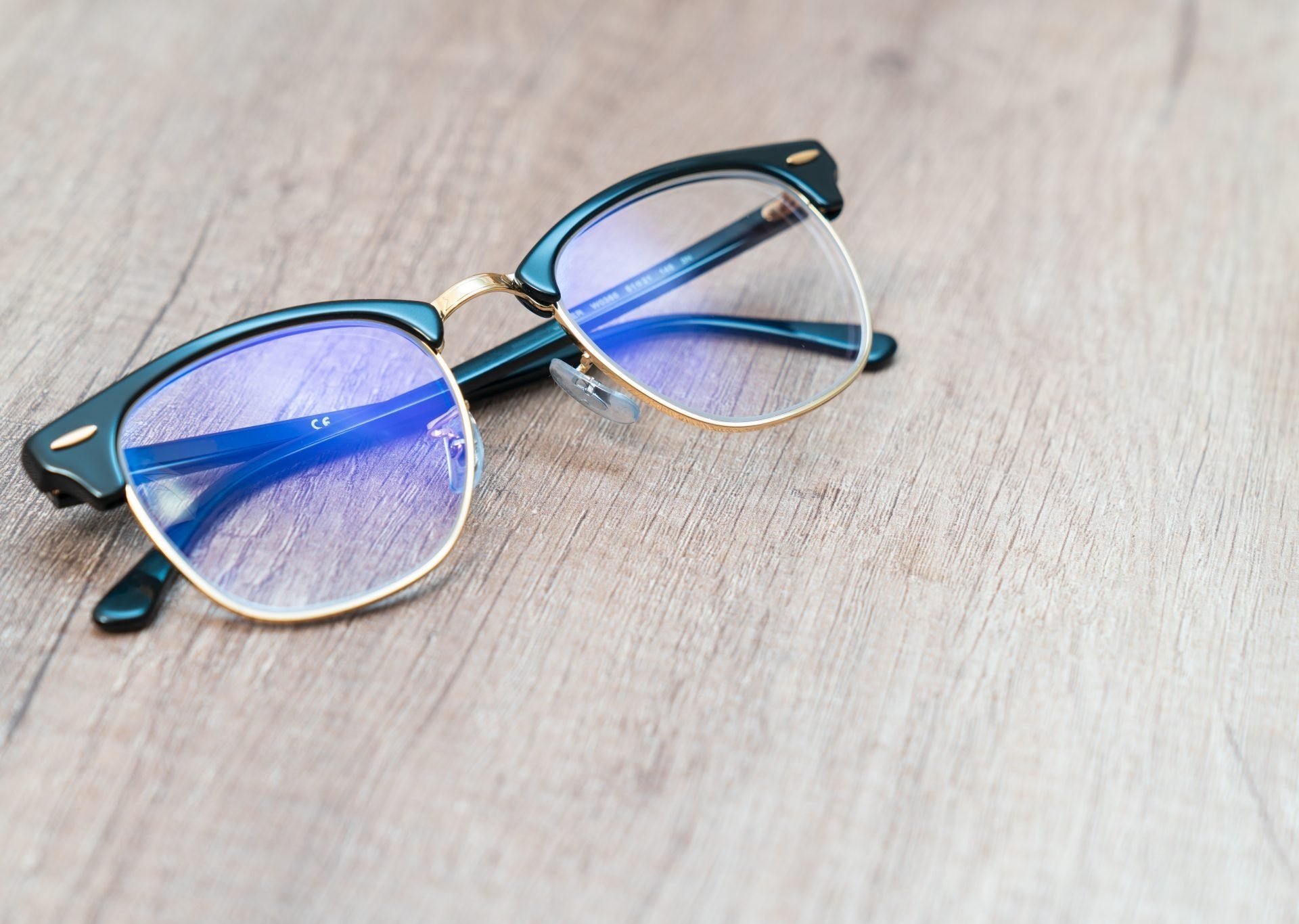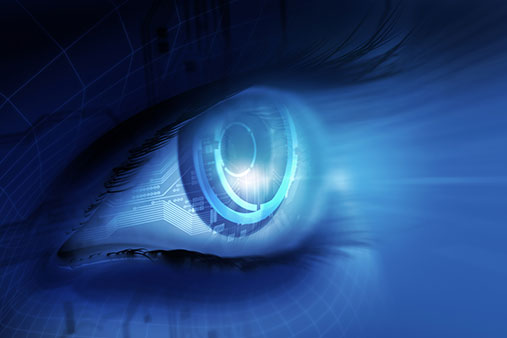Blue Light Blocking Glasses- Are They Right For Me?
For people who use computers or electronic display devices for a long time, the effect of anti-blue light lenses can certainly block some harmful blue light damage to the eyes, making the eyes more comfortable when working in front of the computer screen.

What Is Blue Light?
Blue light is on the list of lights that have a higher-energy wavelength. Digital screens, CFL/LED lights also produce a lot of this type of light. Extended exposure may cause eye damage and discomfort.

The Effects of Blue Light
Your eye has a sensor that detect whether it's day or night. Typically, when these sensors are exposed to blue light, they can send a signal to your brain that it's day. Therefore, this wavelength is associated with the circadian rhythm. This is the cycle that can make your body feel alert or tired.
During the daytime, blue wavelengths are quite beneficial as they can help you stay alert and give better reaction. According to the reports from Harvard Health, this light can suppress the secretion of melatonin from your body. This hormone is responsible for regulating the sleep-wake cycles. Therefore, if you are exposed to this wavelength even at night, you can feel as alert as you are during the day. In other words, blue light may disrupt the circadian rhythm of your body.
Aside from this, it may cause digital eyestrain as well. Since it has short wavelengths, it can scatter easily. Plus, these wavelengths make it difficult for you to focus, which causes eyestrain.
With the passage of time, blue light may produce long-term physical effects, such as retina damage. Some wavelengths are associated with age-related macular degeneration or AMD.

How To reduce the Effects of the Blue Light
1. It's better that you get enough exposure to sunlight during the daytime. Although it is counterintuitive, the regular exposure to this light helps your brain with the circadian rhythm. What you need to do is protect yourself from the harmful light and UV.
2. You can adjust the screen color of your devices, such as smartphone and computer LEDs. If your screen doesn't allow you to make these changes, you can use a special app like Night Shift and Twilight.
3. If possible, don't use these devices when you are going to hit the bed. Although it may not be easy for you to keep your eyes off the screen of your tablet or smartphone, you can at least put your phone aside at least half an hour before bedtime.
4. You can try blue-light glasses, as they are good for eyestrain. Plus, they can reduce glare, boost vision clarity and reduce your likelihood of macular degeneration. Make sure that the glasses don't block the good blue-turquoise light.
Benefits of Wearing Blue Light Blocking Glasses
In the midst of all the buzz around blue light and how it affects your health, you’ve likely heard of blue light blocking glasses. Unfortunately, blue light is almost everywhere. From LED lights to your smartphone screen, and even the sun, there’s no escaping the blue light in your daily life. While exposure to blue light isn’t all bad, reducing your exposure, especially in the hours before you go to bed, can help you get better sleep, reduce eye strain and keep your circadian rhythm functioning optimally.
There are many benefits of wearing blue light blocking glasses. Typically clear, these glasses can be worn at work, during the day, and especially before bed to reduce the negative effects of blue light on your eyes.
However, if you’re experiencing eye strain or a poor night’s sleep, keep in mind there could be a number of factors influencing this. While blocking blue light will certainly help, it may not be the whole solution.
Three types of people are not recommended to wear blue light glasses:
Children, healthy people and people who are prone to eye fatigue.
- Because adolescents and children are in the critical period of emmetropism development, if blue light is deliberately cut off, the balance of refractive development of the eyes may be disrupted;
- The more people who feel eye fatigue, the less they should wear blue light glasses. Blind use of anti-blue glasses may result in injury;
- Healthy people shouldn’t wear it for a long time, and shouldn’t use anti-blue glasses as a talisman.
In short, this was the introduction to blue light glasses and the way they can follow in order to protect your eyes. If you want to protect your eyes from light, we suggest that you invest in a good pair of blue light blocking glasses.
Protect Your Eyes with Blue Light Blocking Glasses
Both non-prescription and prescription blue light glasses are designed to protect your eyes from extended exposure to harmful blue-violet light. Whether you’re wearing them for gaming glasses, working into the wee hours of the night, or binge-watching your favorite show, blue light blocker glasses are the way to go.
Find your affordable Blue Light Blocking Glasses at Optical Factor.





